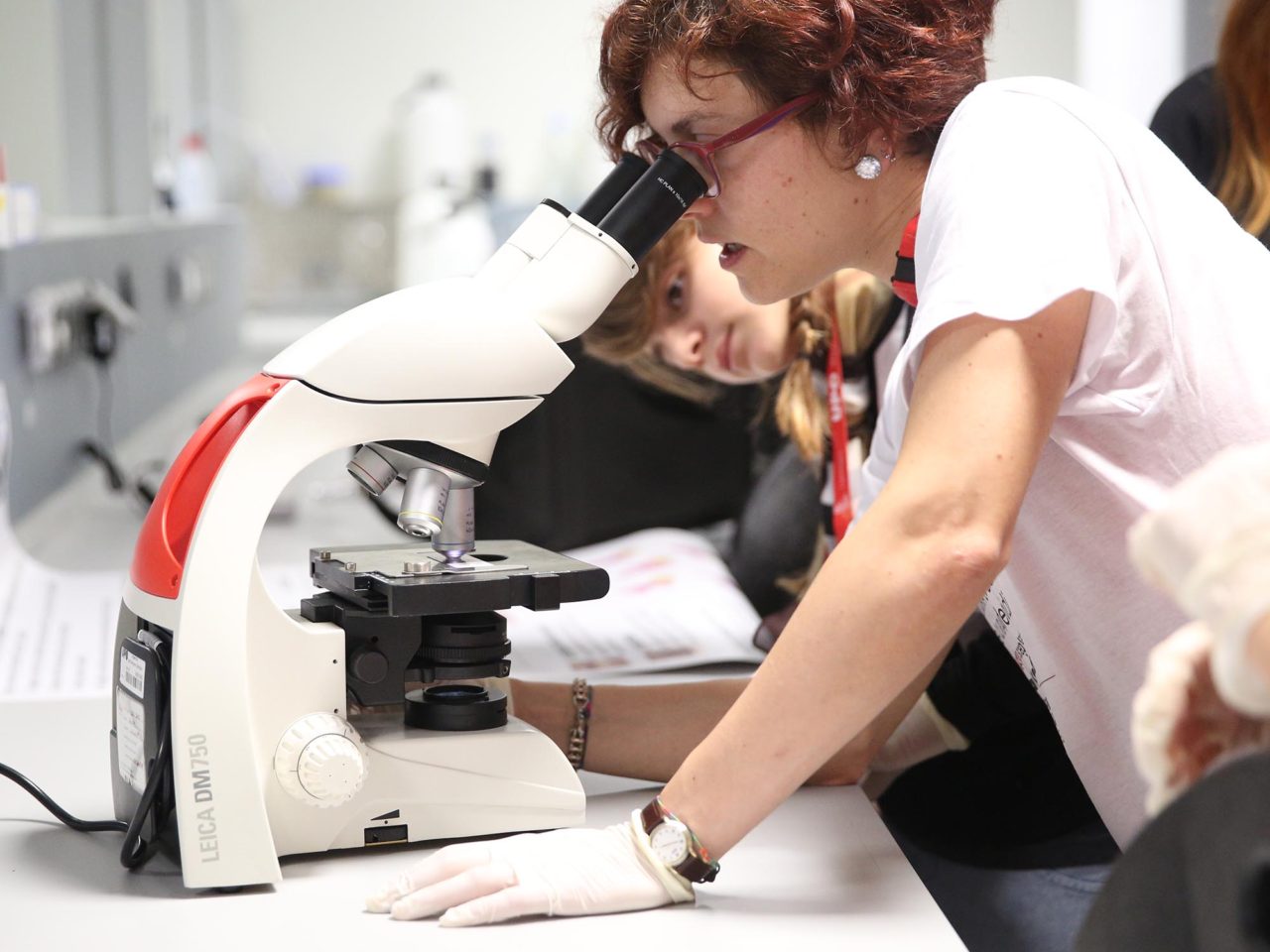Two studies were presented at e-ECE 2020 (European Congress of Endocrinology) – one on childhood obesity and microbiota and one on sarcopenia. These studies were the result of work done by researchers from the UPO medical Departments of Excellence, DIMET (the Department of Translational Medicine) and DISS (the Department of Health Sciences).
The first study, coordinated by Nicoletta Filigheddu, Associate Professor of Applied Medical Technical Sciences, concerns sarcopenia, the characteristic loss of muscle mass and strength associated with aging.
Funded by the Cariplo Foundation, the research is part of MODESTHE – Molecular Determinants of Sarcopenia and Osteoporosis and exploration of potential therapeutic strategies – of the Aging Project. This research was carried out in close collaboration with the researchers of the UPO Department of Health Sciences (Flavia Prodam), as well as the Universities of Turin, Pavia, Rome “La Sapienza” and Pisa, and was recently published in the journal Aging.
According to the study, the ghrelin hormone could play a protective role against muscle loss in the elderly population. The study showed that the administering of a particular hormone in older mice increases muscle mass and function.
«Ghrelin – explains Professor Filigheddu – is a circulating hormone both in acylated (AG) and non-acylated (UnAG) form. AG is involved in metabolic regulation and energy balance, through appetite stimulation and adiposity induction, while UnAG has no such metabolic effects, although it shares with AG the protective effects on muscle, through an unknown receptor. The decline of ghrelin levels observed in aging could imply that this hormone deficiency plays a role in the development of sarcopenia.»
The DIMET research team specifically studied the effects of UnAG on aging and observed how the treatment of elderly mice with this hormone improves muscle mass and function, without any change in appetite, body weight or adipose tissue. This suggests that UnAG or its analogues may represent possible future therapeutic treatments for sarcopenia.
The second study was conducted by a UPO team, coordinated by Flavia Prodam, Associate Professor of Applied Dietetic Sciences at DISS, in collaboration with the University of Bologna, the University of Verona and Probiotical. It showed that the intake of Bifidobacterium breve BR03 and Bifidobacterium breve B632 in combination with dietary therapy, in a group of children with obesity, obtained better results in terms of weight loss and insulin sensitivity, compared to diet alone.
The hypothesis is that these probiotic supplements, in association with a calorie-controlled Mediterranean diet, may help the younger population manage obesity and its complications. Furthermore, they may also help reduce future health risks such as heart disease and diabetes mellitus.
«The treatment and prevention of obesity – explains Professor Flavia Prodam – is a serious challenge for global public health, especially in children and adolescents. Currently, probiotics are often prescribed to people without adequate evidence. These results begin to demonstrate the efficacy and safety of two probiotic strains in treating obesity in a younger population, suggesting a specific nutritional regime combined with a dietary supplement.»
Photo by Bill Oxford on Unsplash




